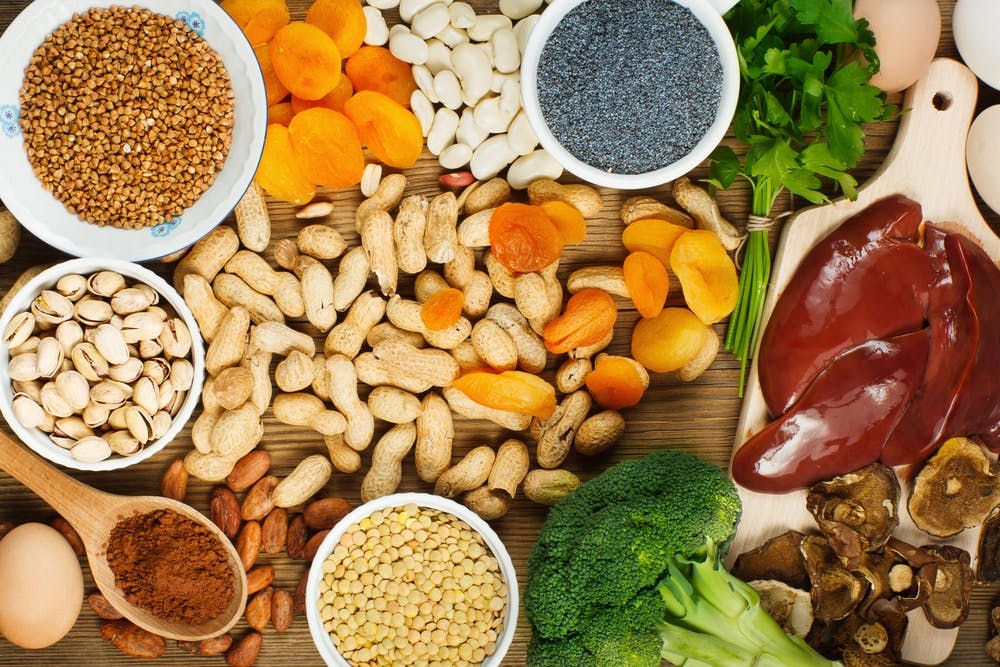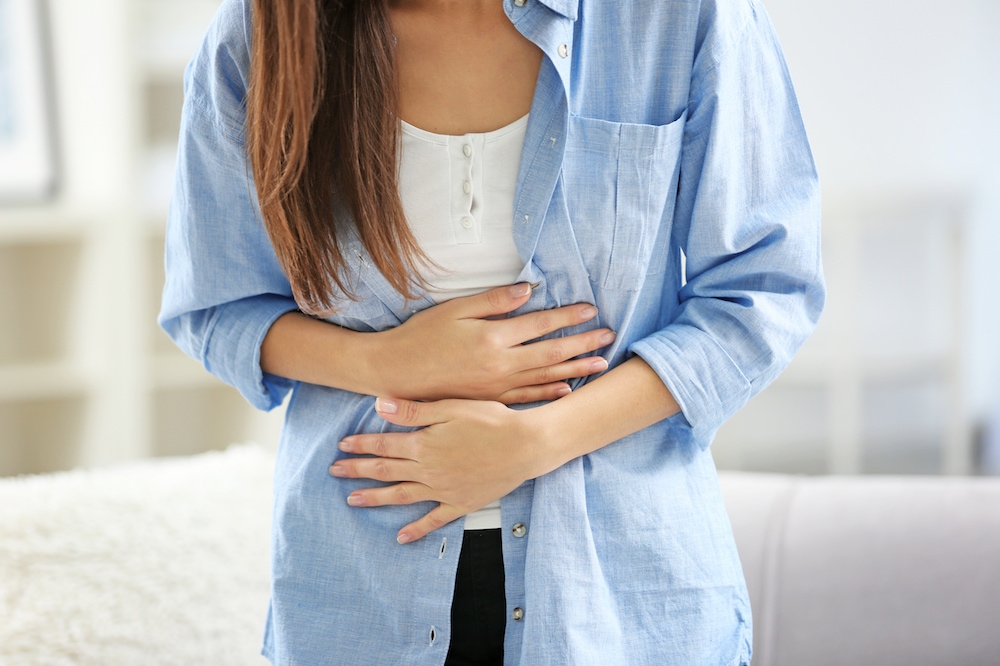

Endometriosis is a condition affecting 1.5 million women in the UK, where cells of the endometrium (womb lining) grow in different parts of the body. These “endometriotic implants” behave in the same manner as the endometrium and are susceptible to the same hormone messages. For example, a woman with endometriosis in her nose may experience nosebleeds at the same time as her period.
Diet can have a significant effect on endometriosis. Here are some of the most important foods to include in your diet:
Healthy fats
A good balance of omega-3, 6 and 9 fats helps endometriosis sufferers balance their hormones and reduce inflammation. The best food sources are oily fish like salmon, and cold pressed oils such as olive and flax seed oil.
Fibre
Fibre helps expel unwanted substances from the body. Excess oestrogen is strongly associated with endometriosis. Aim to consume 30g of fibre a day in the form of whole grains, beans, and fruit and vegetables. Soluble fibre also reduces absorption.
Iron
It’s important to raise iron levels to counteract iron lost through heavy periods. Iron-rich foods include dark green leafy vegetables such as cabbage, kale, broccoli, red meat or beetroot.
Easing the pain
Magnesium is essential for muscle relaxation and can help with muscle spasms, aches and pains. Try soaking in a bath of magnesium flakes or epsom salts, or rubbing a magnesium spray into the skin.
Read the full article on Nutritionist Resource
Written by Kirsty Williams, Nutritional Therapist


